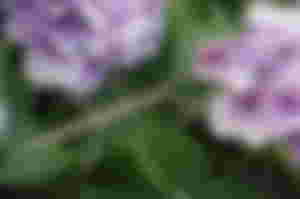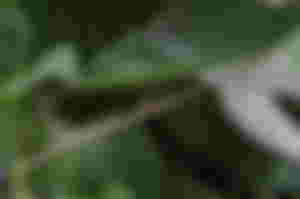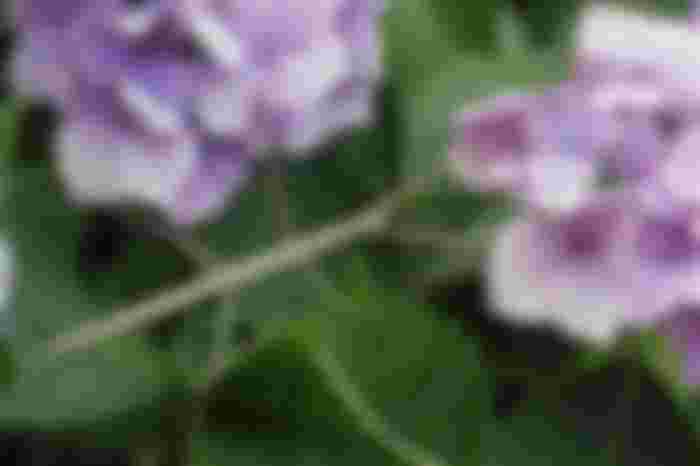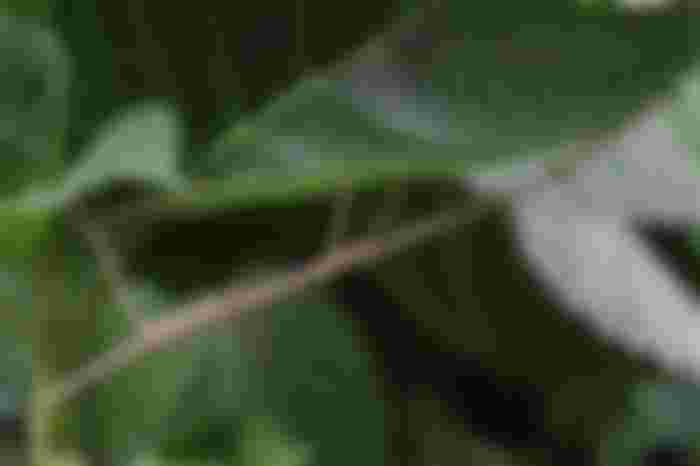
Stick insects, along with leaf and bark insects, are included in the phasmid family (Phasmatodea), characterized by its specialization in camouflage. In addition, it includes the largest and heaviest insects that exist. On the other hand, their way of defending against predators is very interesting, since once caught they can detach from their limbs to try to escape. They are distributed throughout a large part of the planet, something very surprising, since their displacement capacity is quite reduced.
On the other hand, it is noteworthy that many plant species use animals as vehicles to disperse their seeds and thus be able to expand their progeny and colonize new places. They do this by producing tasty and attractive fruits that the animals feel like consuming (along with the seeds inside), in this way, with little movement, the animals will defecate the seeds in a totally different place from where they consumed them ( also, between subscription). But we might think that the seeds will be destroyed by the gastric juices of the animals. This can happen with some of the seeds, but there will always be several that survive the process in a viable way. Furthermore, there are seeds whose protective cover is so thick and hard that they need to pass through these corrosive gastric juices so that, in the soil, the water can penetrate to the embryo and germinate.

For stick insects have developed a similar system of dispersal of their eggs. Since they do not have wings, their ability to move is reduced to slow movements between branches, something that prevents a dispersal of the species to new habitats. How do they do it then? Well, the females full of eggs allow themselves to be caught and eaten by a bird (they commit suicide by the dispersal of their progeny!). These eggs have a protective layer that makes them very resistant, and a small percentage of them (between 5 and 20%) manage to survive the bird's digestive tract. Subsequently, probably in a very remote place, the bird will defecate viable eggs near new plants that colonize by insects, in addition, in the feces the newborn insects find a humid, hot and rich place in organic matter where to begin their life. And it has even been thought that these eggs could be washed away by currents of marine water and have thus colonized new habitats.
Analyzing the strategy carried out by these insects, simply to try to give a better life to their progeny, makes us imagine the enormous complexity of the biology of insects and their behavior.
"Studying nature will make us discover its exciting secrets and come to love it as it deserves."


Nice articke about inscet . In our language it is calles cheitek tin.tin means insect cheitek means stick